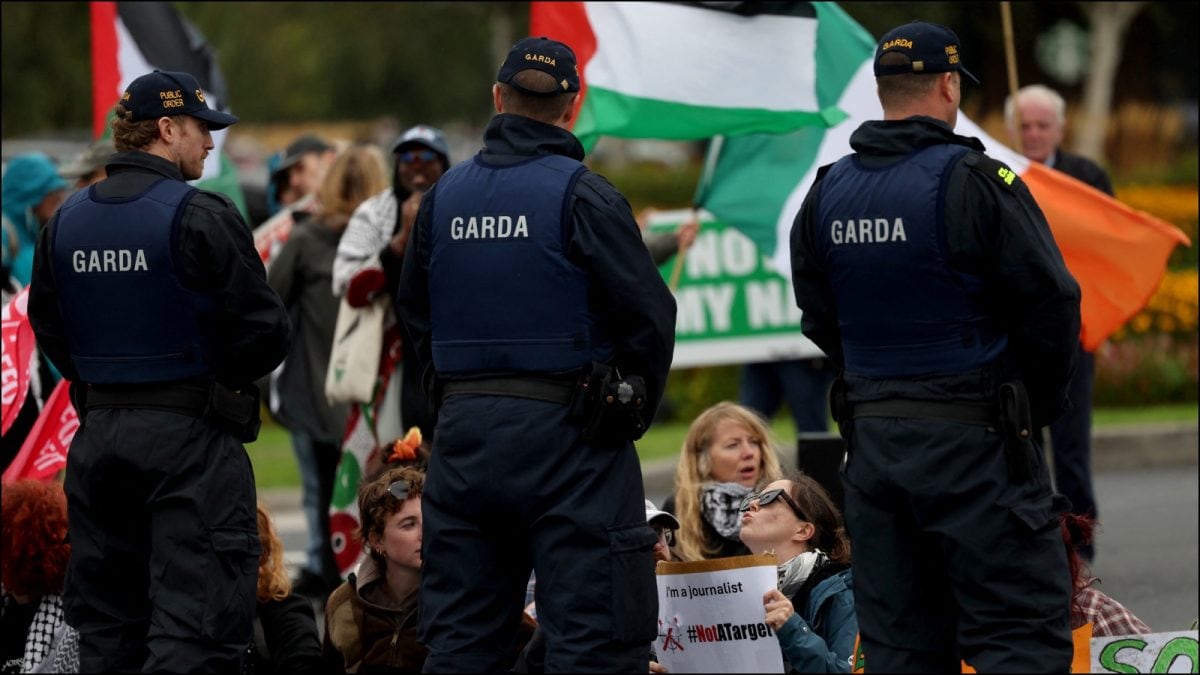ARTICLE AD BOX
The Supreme Court on Tuesday, during the crucial hearing on the constitutional validity of Section 17A(1) of the Prevention of Corruption Act, examined whether the requirement of prior approval before initiating investigations against public servants strikes the right balance between protecting honest officers and ensuring accountability.
The provision, introduced through a 2018 amendment, requires prior sanction from the competent authority before any probe is launched into decisions taken by public servants while discharging official duties.
It has been challenged by the Centre for Public Interest Litigation (CPIL), which argues that the clause enables selective shielding of corrupt officials and creates a conflict of interest.
A bench of Justices B V Nagarathna and K V Viswanathan highlighted the need to safeguard honest bureaucrats, while also acknowledging the possibility of misuse.
The court asked petitioner’s counsel, advocate Prashant Bhushan, “Is your objection to the very concept of screening, or to the fact that the approving authority is the government itself?”
“If there is no screening, a FIR by itself can cause tremendous stigma. We also have to consider that there are good officers. Honest officers have to be protected also,” the bench added.
Justice Viswanathan noted that public servants sometimes act in the country’s interest and later face scrutiny. He cited a book by Mr. Subramaniam, referring to a case where a bureaucrat purchased coal during a shortage and was later booked because it was alleged that it could have been procured at a lower price.
“This is the kind of fear among honest bureaucrats,” the court noted. “So there is some screening. If you think there’s bias in screening, that’s one thing. But questioning the very idea of screening is another.”
The court added that the petitioner was viewing the issue only through the lens of corruption. “What about decisions taken every day? You can’t say all are tainted.”
It also questioned whether the possibility of misuse alone was enough to strike down the provision. “If the problem lies in implementation, that can be challenged. But is that enough to invalidate the law?”
Solicitor General Tushar Mehta, defending the provision, argued that Section 17A aims to ensure that honest officials are not discouraged by the fear of criminal proceedings.
“80 to 90% of people in government are sincere and honest,” Mehta said. “It’s important to give them confidence that they won’t be harassed unnecessarily.”
He added, “Fearless good governance is also part of rule of law.”
Mehta stressed that every administrative decision is bound to upset someone and without screening, officials would live in constant fear of FIRs.
He clarified that the provision only applies to acts done in official capacity, and not to cases where officials are caught red-handed. “Such persons cannot claim protection under Section 17A,” he said.
The bench asked questions about how the screening process functions in reality. “Is it true that blue-eyed boys and girls get away?” it asked, seeking clarity on who decides on approval under Section 17A.
When Mehta said it depends on the officer’s cadre, the court asked if denials of approval can also be challenged. “If permission is granted, aggrieved parties can challenge it. But what happens if it is denied?” the bench asked.
Mehta responded that denial too can be challenged, including by approaching courts for permission to file an FIR.
Advocate Prashant Bhushan, appearing for CPIL, argued that the provision leads to serious conflicts of interest, especially in high-level cases of corruption.
“Lower-level officers rarely act alone. Senior officials are often complicit. If they’re also the ones granting sanction, that’s a problem,” he said.
Bhushan proposed that instead of requiring sanction, courts should be allowed to strike down mala fide FIRs, and a mandatory preliminary inquiry should be introduced.
As the hearing concluded, the bench indicated that it would need to assess whether the provision maintains the right balance between anti-corruption efforts and protecting honest governance.
“The provision can’t be seen from one prism,” the court said. “Yes, it may shield dishonest officers. But it also safeguards honest ones.”
The court added that if the intent of Parliament was to protect officials from baseless complaints, then the law must be seen as a protective measure. However, concerns about its misuse relate more to implementation than to the law itself.
- Ends
Published By:
Shipra Parashar
Published On:
Aug 6, 2025
Tune In



.png)
.png)
.png)
















 16 hours ago
5
16 hours ago
5







 English (US) ·
English (US) ·